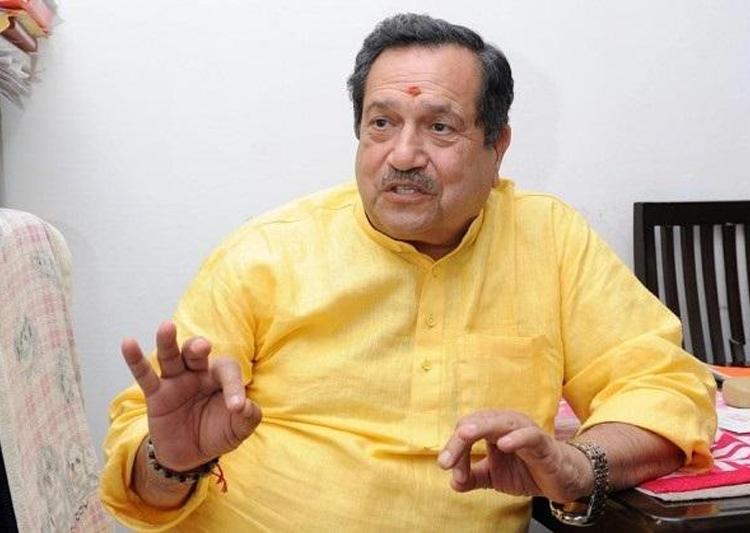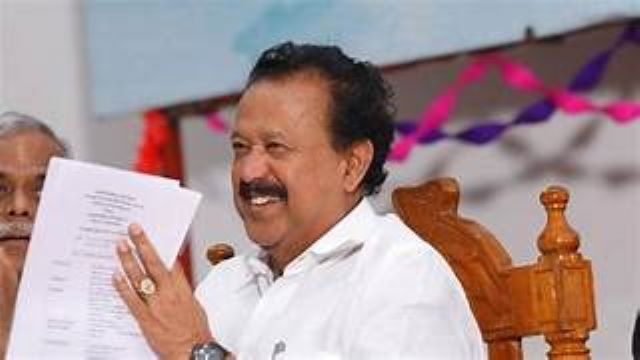RBI proposes banks with less than 6 pc net NPAs to declare dividends

Mumbai: The Reserve Bank on Tuesday proposed allowing banks having net non-performing assets (NPAs) ratio of less than 6 percent to declare dividends.
As per the prevailing norms last updated in 2005, banks need to have an NNPA ratio of up to 7 percent to become eligible for declaration of dividends.
“The net NPA ratio, for the financial year for which the dividend is proposed, shall be less than six percent,” the Reserve Bank said in the draft guidelines on dividend declaration.
The guidelines have been reviewed in the light of the implementation of Basel III standards, the revision of the prompt corrective action (PCA) framework, and the introduction of differentiated banks, the RBI said.
The central bank has proposed that the new guidelines should come into effect from FY25 onwards.
The draft lays down directions that need to be followed by banks’ boards while considering proposals of dividend payouts, which include consideration on divergence in classification and provisioning for NPAs as well.
A commercial bank should have a minimum total capital adequacy of 11.5 percent to be eligible for declaring dividends, while the same for a small finance bank and payment banks has been set at 15 percent, and 9 percent for local area banks and regional rural banks, the draft circular said.
In what can be seen as a relaxation from the existing norms, the Reserve Bank has proposed increasing the upper ceiling on dividend payout ratio — which is the ratio between the amount of the dividend payable in a year and the net profit — to 50 percent if the net NPA is zero from the earlier ceiling of 40 percent.
The draft also made it clear that the Reserve Bank shall not entertain any request for “ad-hoc dispensation on declaration of dividend”.
In the case of foreign banks, the RBI has proposed that they may remit net profit or surplus (net of tax) of a quarter or a year earned in from Indian operations without the central bank’s prior approval.
However, in the event of excess remittance, the head office of that foreign bank should immediately “make good the shortfall”, the draft added.
The public can respond to the draft circular with suggestions by January 31, the RBI said




